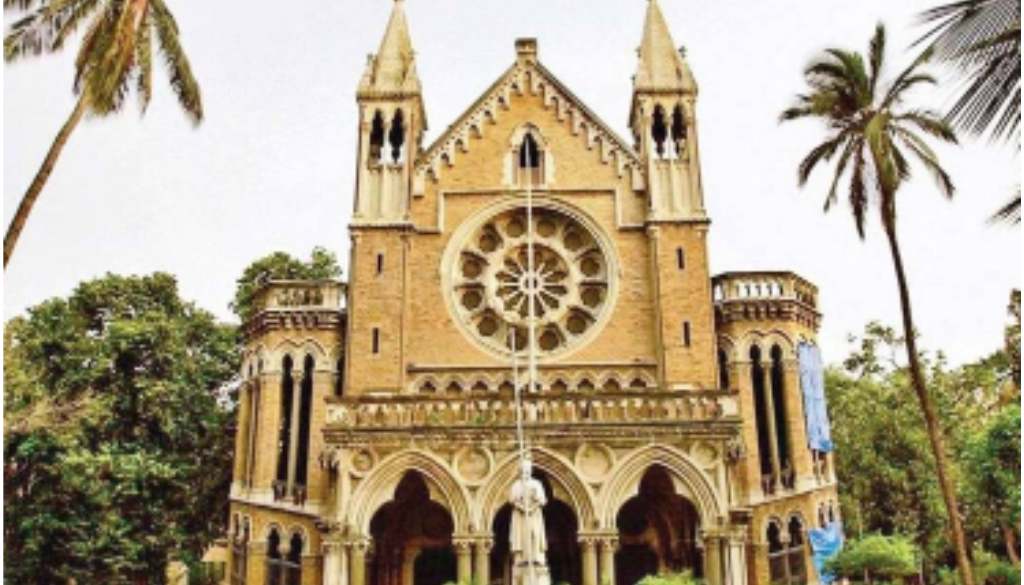No Full-Time Faculty, No Admissions: Mumbai University Penalises 40 Law Colleges

Mumbai, 3rd June 2025: Mumbai University has imposed a stringent penalty on 40 out of its 74 affiliated law colleges for failing to appoint full-time recognized principals and professors, as mandated by the Bar Council of India. The university’s management council recently decided to levy a fine of one lakh rupees on each of these institutions and, starting from the academic year 2025-26, to reduce their intake for law courses to zero. This decision will result in the loss of nearly 4,000 seats for three-year and five-year law programs.
Following the Bar Council of India’s directives, Mumbai University formed an inspection committee that conducted surprise visits to these law colleges. The committee found that 40 colleges did not have the required number of full-time recognized principals and professors. After submitting a detailed report to the university, the management council took the decision to impose both the fine and the admissions ban. The university has also refused permission for these colleges to admit students through the state’s Common Entrance Test (CET) cell, effectively barring them from admitting any students to law courses for the upcoming year.
The university has officially communicated this decision to the affected law colleges in writing. The notice specifies that if the one lakh rupee fine is not paid within 10 days of receiving the letter, an interest of 1.5% per month will be charged as per university rules.
The move has sparked a debate among stakeholders. Pradeep Sawant, a member of the Thackeray group’s youth wing, argued that the admissions ban will cause significant academic losses to students. He urged the university to give colleges an opportunity to improve their infrastructure and hire qualified staff instead of imposing a blanket ban, and suggested that a special plan should be implemented for effective compliance. On the other hand, student activist Adv. Sachin Pawar supported the university’s strict action, stating that the absence of recognized principals and professors harms students’ education. However, he questioned how these colleges were granted affiliation in the first place and called for a thorough investigation and strict action against inefficient law colleges and university officials.
The university’s decision is also a response to concerns about the quality of education, as many colleges have been operating with contract or temporary faculty and have failed to provide adequate infrastructure despite charging high fees. The crackdown aims to uphold academic standards and protect students’ interests.







